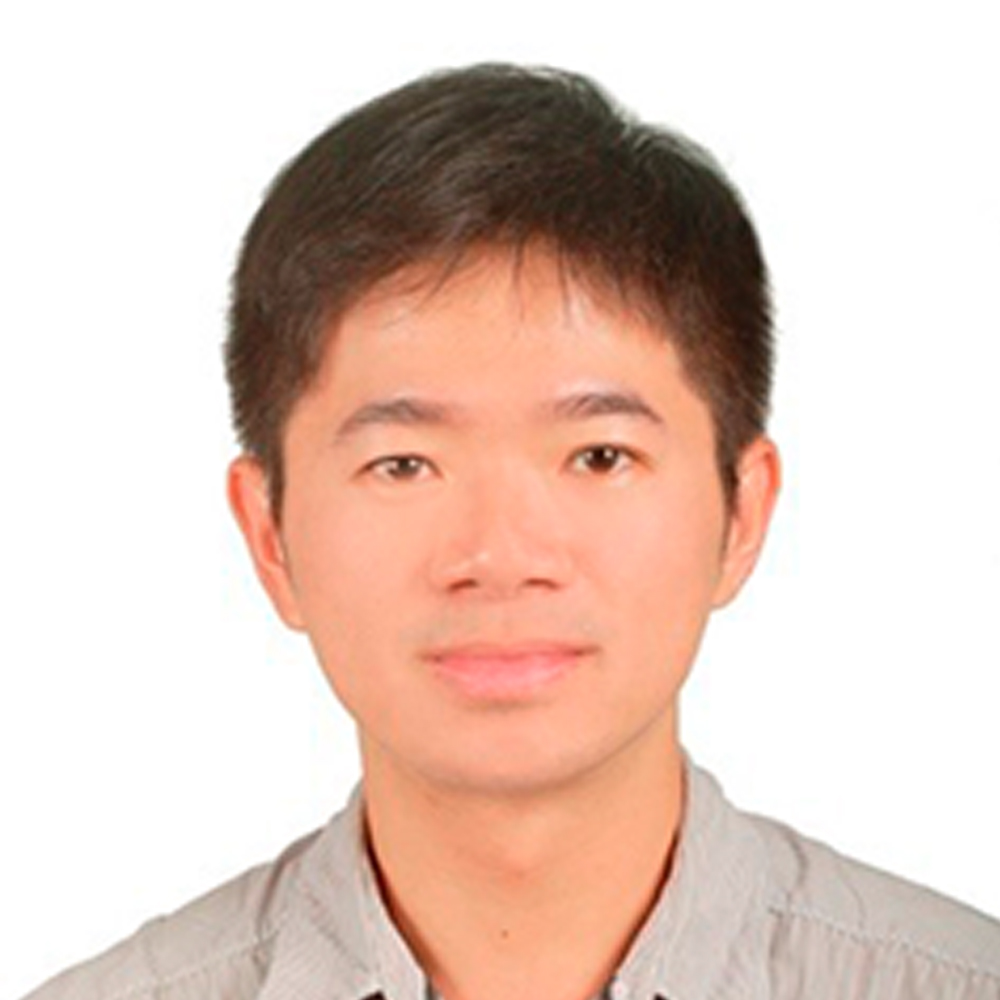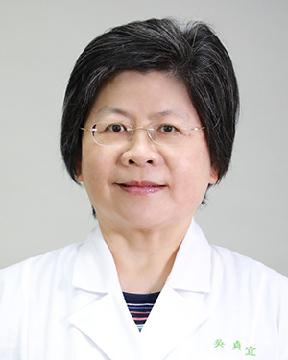MICROBIOME
The Microbiota Research Team is primarily responsible for conducting both fundamental and clinical research related to the microbiota. This includes tasks such as microbial morphology observation, cultivation, strain isolation, physiological and biochemical identification. Additionally, it involves activities such as animal experiments, human trials, wet lab work, and the qualitative and quantitative analysis of microbiota diversity, as well as the handling of extensive microbiota data in biomedical dry lab research. The Microbiota Research Team assembles expert teams based on the research topic's demands. These teams encompass clinical research, animal and cell experimentation, molecular biology, microbiological experiments, microbial cultivation, and bioinformatics analysis. The team members comprise experts from various departments within our university, including the Medical School, School of Life Sciences, College of Science, as well as collaborative research units from institutions like Yang-Ming Hospital, Taipei Veterans General Hospital, and Taichung Veterans General Hospital, forming a comprehensive interdisciplinary research effort.
The Microbiota Research Team has published numerous papers in top international journals over the past five years, including journals such as GUT (2020), GUT (2021), JAAD (2021), and AAAI (2022). Professor Chun-Ying Wu, the chair professor, has also been invited by Springer Nature publishers to contribute a chapter on "Microbiome in Liver Cancer" for a textbook.

Chair Professor, Institute of Biomedical Informatics, NYCU

Associate Professor, Institute of Biomedical Informatics, NYCU

Associate Professor, Institute of Microbiology and Immunology, NYCU

Assistant Professor, Institute of Physiology, NYCU

Director, Department of Dermatology, Taichung Veterans General Hospital
The Big Data and Omics Research Team
The Big Data and Omics Research Team is primarily responsible for processing and analyzing various health-related big data databases. This includes establishing predictive models, indicator parameters, diagnostic predictions, and efficacy validations. The big data encompasses gene sequences used for microbial analysis, such as exploring microbial phylogenetic relationships or evolutionary associations. This facilitates qualitative and quantitative studies on microbial system evolution, classification, and diversity. Additionally, the team employs big data and artificial intelligence methods to analyze vast amounts of microbiota data, aiming to uncover potential patterns for diagnosis or disease prediction. Moreover, the team utilizes diverse real-world data sources, including domestic administrative and clinical databases for populations and ethnic groups. These sources encompass health insurance claim data, various laboratory test records, cancer registries, rare disease databases, human biological databases, electronic medical records from hospital visits, and other social, educational, legal, and related community data. Coupled with disease phenotype research, the team constructs risk factors and parameters for disease prediction, with the aim of developing potential artificial intelligence predictive models for the future.
The Big Data and Omics Research Team has published numerous papers in top international journals over the past five years. These journals include JAMA Internal Medicine (2019), Gut (2018), Journal of Hepatology (2019), Gastroenterology (2019), and Journal of the American Academy of Dermatology (2021).





SMART HEALTH CARE
The Smart Healthcare Research Team focuses on integrating clinical technologies from a caregiving application perspective. It aims to connect and utilize the outcomes of clinical research in collaboration with industry and academia. The team primarily focuses on the practical application of predictive models developed through translational research in both the basic and clinical domains. This collaboration involves the School of Public Health and Institute of Health Care Management, along with the Institute of Biomedical Informatics, and industry partners such as WaCare Telehealth and AgeTech. Furthermore, the team collaborates with our teaching hospital, Chang Gung Memorial Hospital, and industry partners like ASUS, Quanta, and Wistron, which provide ample external information technology resources. The team extends clinical research to operational clinical settings and patients' everyday environments. This encompasses policy evaluation, organizational management design, and patient physiological data collection. The goal is to establish a feasible cloud-based platform for remote patient care services and physiological monitoring. By utilizing the research capabilities of academic departments and combining them with industry resources and market exploration, the team strives to establish a successful industry-academia collaboration model for delivering smart healthcare services.
The Smart Healthcare Research Team has received approval from the Ministry of Education for the "Ph.D. Program in Smart Healthcare and Policy Management Industry." Over the past two years, the program has been characterized by a strong emphasis on industry involvement. The program identifies talents recommended by the industry, and the research topics are aligned with critical issues raised by the industry. The program employs a dual-adviser system, with one academic and one industry adviser assigned to each student. This approach aims to foster collaboration between academia and industry. Currently, the program has achieved significant progress and promotion at Chang Gung Memorial Hospital. Over the next two years, the team aims to expand the Ministry of Education's supported concepts to encompass other institutions. The goal is to extend the program's success to a broader range of organizations, facilitating continued growth and collaboration within the field of smart healthcare and policy management.

Professor, Taipei Veterans General Hospital

Associate Professor, Institute of Public Health, NYCU

Associate Professor, Institute of Public Health, NYCU
